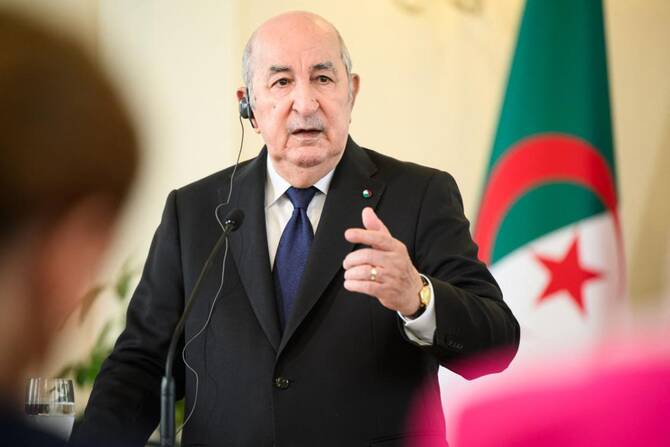An Algerian court has sentenced three former presidential hopefuls to ten years in prison for corruption, according to a judicial source. The convicted individuals include prominent businesswoman Saida Neghza, former minister Belkacem Sahli, and Abdelhakim Hamadi, all of whom had sought to run in the country’s presidential election scheduled for September last year.
The trio was among nearly 70 people found guilty in a widespread scandal involving the buying of electoral endorsements. According to the court, the accused attempted to purchase support from local council members to secure the required number of signatures for their presidential candidacies. In Algeria, presidential contenders must obtain either 600 signatures from elected officials or 50,000 from registered voters to qualify for the ballot.
Prosecutors reported in August 2023 that 68 individuals had been arrested over allegations of buying signatures on behalf of three candidates. Many of those found guilty were local council members who accepted payments in exchange for their endorsements.
Neghza, who also had three of her sons among the defendants, has maintained her innocence. Speaking after the verdict, she denied any wrongdoing and called on President Abdelmadjid Tebboune to intervene, labeling the case as “empty.” She claimed that her legal woes stemmed from her outspoken criticism of government policies, pointing to a public letter from 2023 in which she condemned fines and restrictions imposed on business owners.
The convictions come as part of a broader anti-corruption push in Algeria, particularly under President Tebboune’s administration, which has promised to clean up public institutions. However, critics argue that some of these prosecutions may be politically motivated, especially when they involve individuals who have challenged the political establishment.
President Tebboune, who won the 2023 election in a landslide after the disqualification of multiple candidates, has yet to respond publicly to the verdicts. As Algeria continues to grapple with political reform and transparency, the case highlights the ongoing tension between aspiring political figures and the entrenched power structures that govern access to the presidency.

